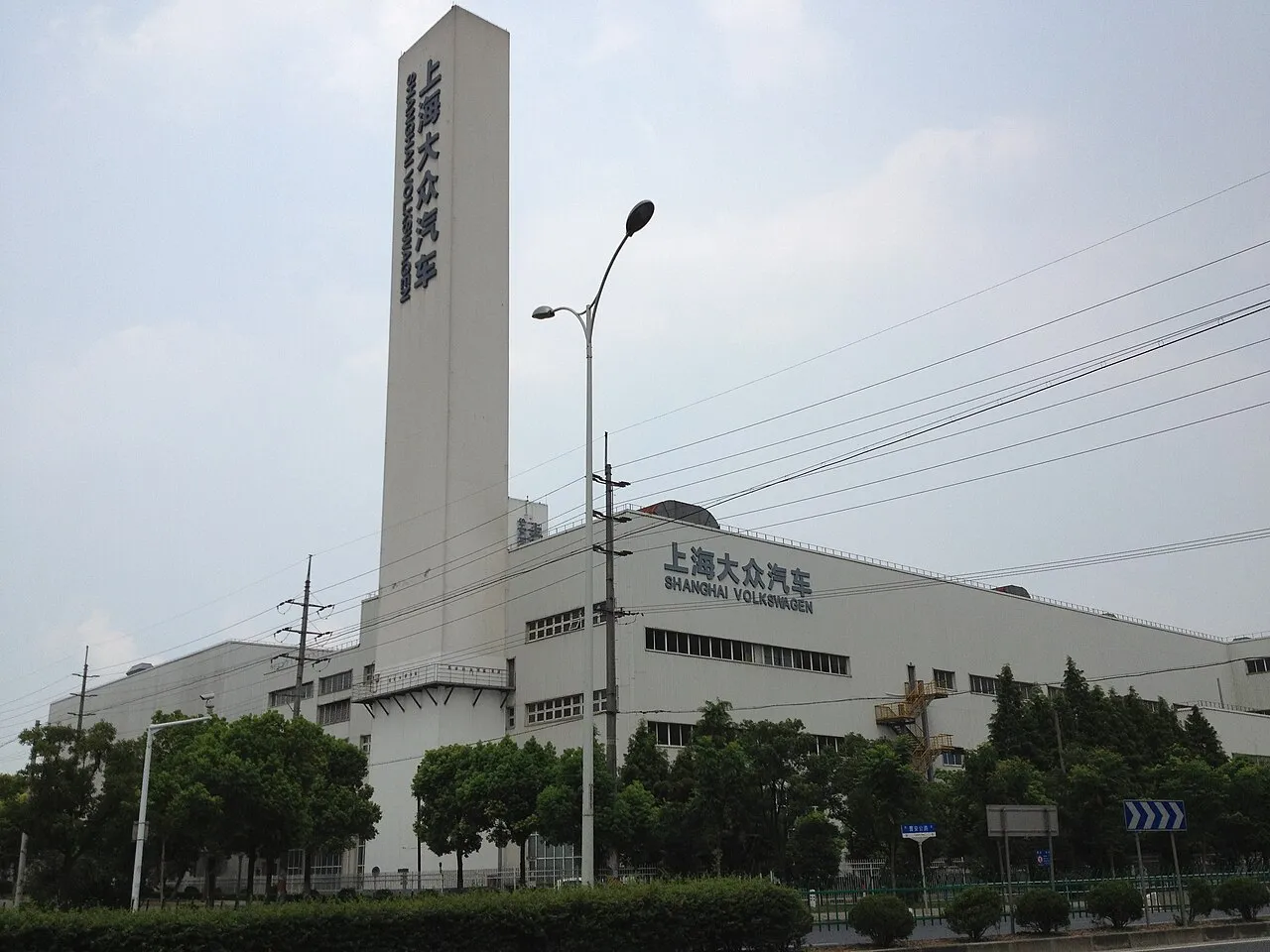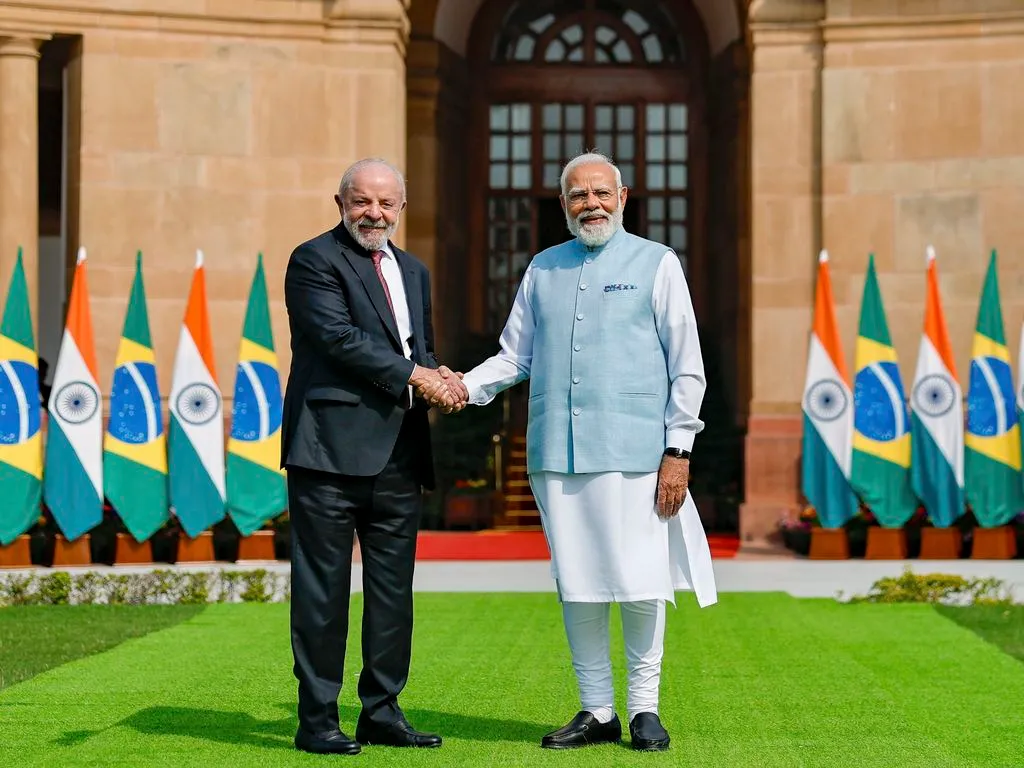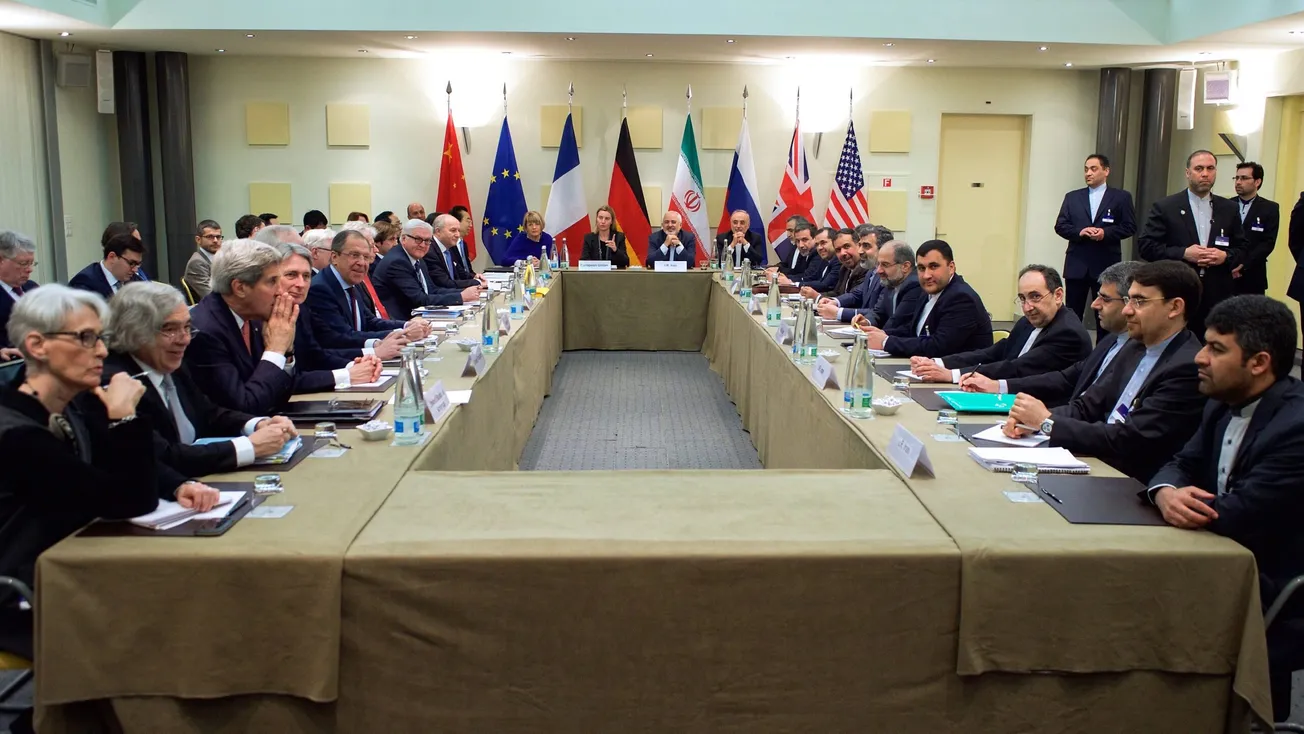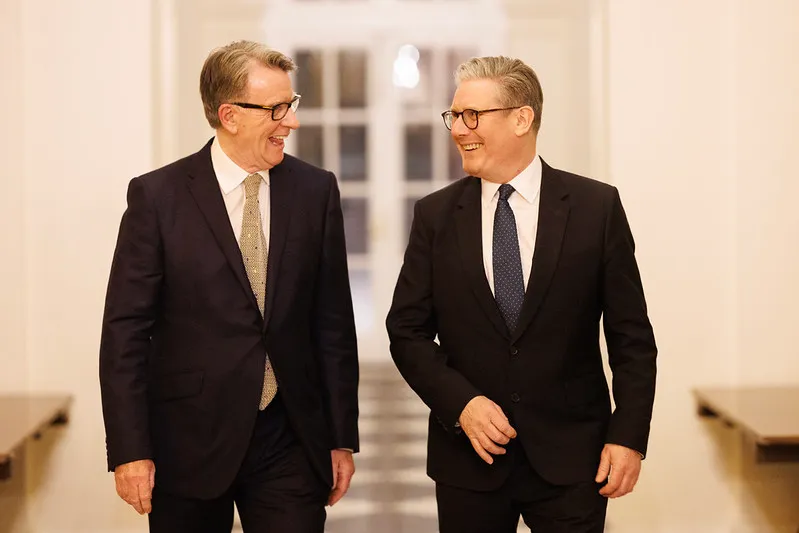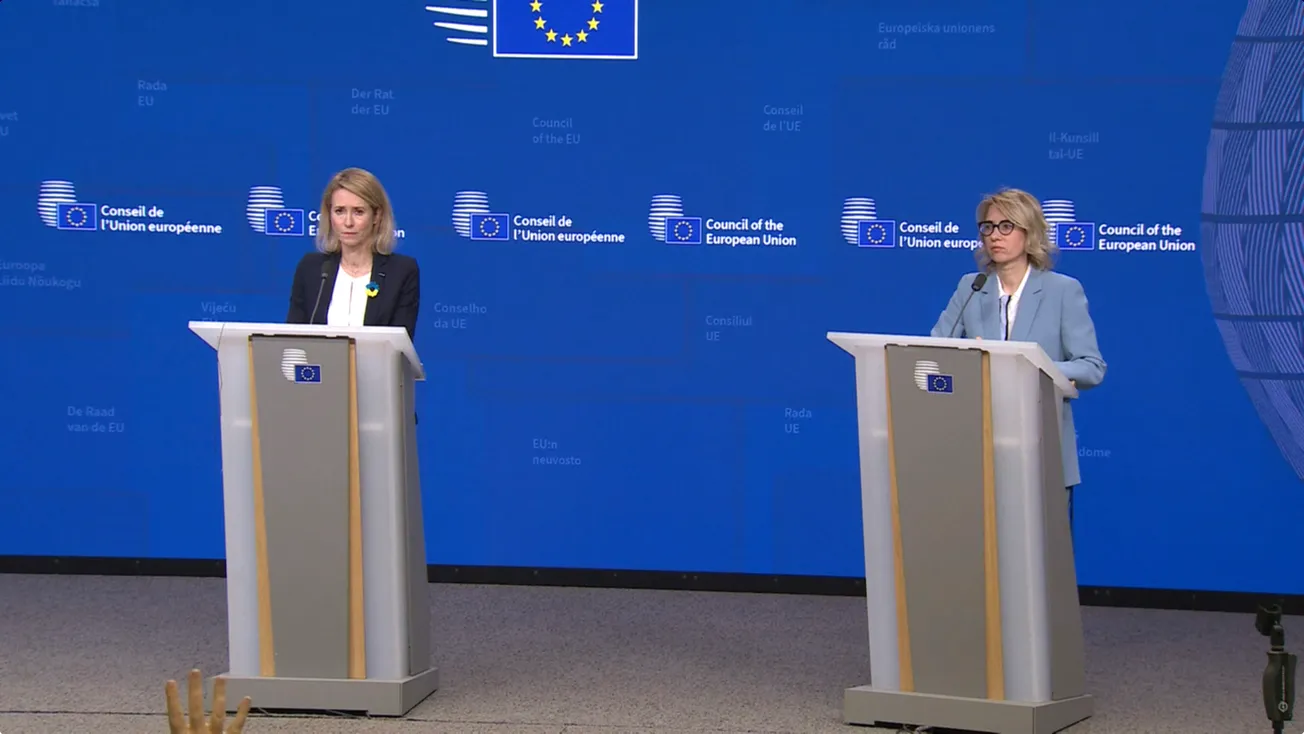The Presidents of Russia and Turkey, Valdimir Putiin and Recep Tayyip Erdogan, spoke at length on the phone yesterday. While matters of bilateral relations and cooperation—such as the Akkuyu Nuclear Power Plant under construction in Turkey and setting up Turkey as a hub for Russian natural gas—were on the agenda, the Black Sea grain deal was a major topic of discussion. The Kremlin readout stated: “The Istanbul agreements of July 22, 2022, on exporting Ukrainian grain from Black Sea ports and eliminating obstacles to the export of Russian agricultural produce and fertilizer have been extended for another 120 days. In this connection, Vladimir Putin and Recep Tayyip Erdogan emphasized the importance of implementing this package agreement comprehensively and completely.” According to the Turkish side, Erdogan thanked Putin for his “constructive stance” on the extension of the Black Sea grain deal.
Otherwise, on the Ukraine conflict, the Turkish leader told Putin that prolonging the war only increases the risks, and called for diplomatic efforts to be revived. Erdogan also hailed the recent meeting between Russian and U.S. intelligence chiefs in the Turkish capital Ankara, noting that such initiatives could play a “key role” in preventing unrestrained escalation in the region, referring to the Nov. 15 missile incident in Poland.
Turkish Foreign Minister Mevlüt Çavusoglu had stressed, during a Nov. 17 joint press conference with his Mexican counterpart, that all the parties should fully implement the grain deal. He also reported on the back-door diplomacy to allow for the export of Russian ammonia from Ukraine’s Odessa Port and some European countries. As reported by the daily Hurriyet, he said: “Important steps have been taken on these issues. Russia is also satisfied, but it is hard to say that all the obstacles have been removed.”
Russian First Deputy Prime Minister Andrey Belousov expressed satisfaction yesterday with the progress on Russian grain exports. “Russia has already exported more than fifteen million tons of grain and an ample quantity of mineral fertilizers. Supplies are being made in the first instance to [both the] developing and the poorest countries, especially as regards grain—over 90% of supplies are to African and Southeast Asian countries,” Belousov said, reported TASS.
“I can say grain prices have recently stabilized and even declined, particularly owing to fairly sensible deliveries of Russian grain.” However, he pointed at the remaining problem with Russian fertilizers awaiting shipment. “Much more concerns at present are in respect of the situation on the mineral fertilizer market.”


